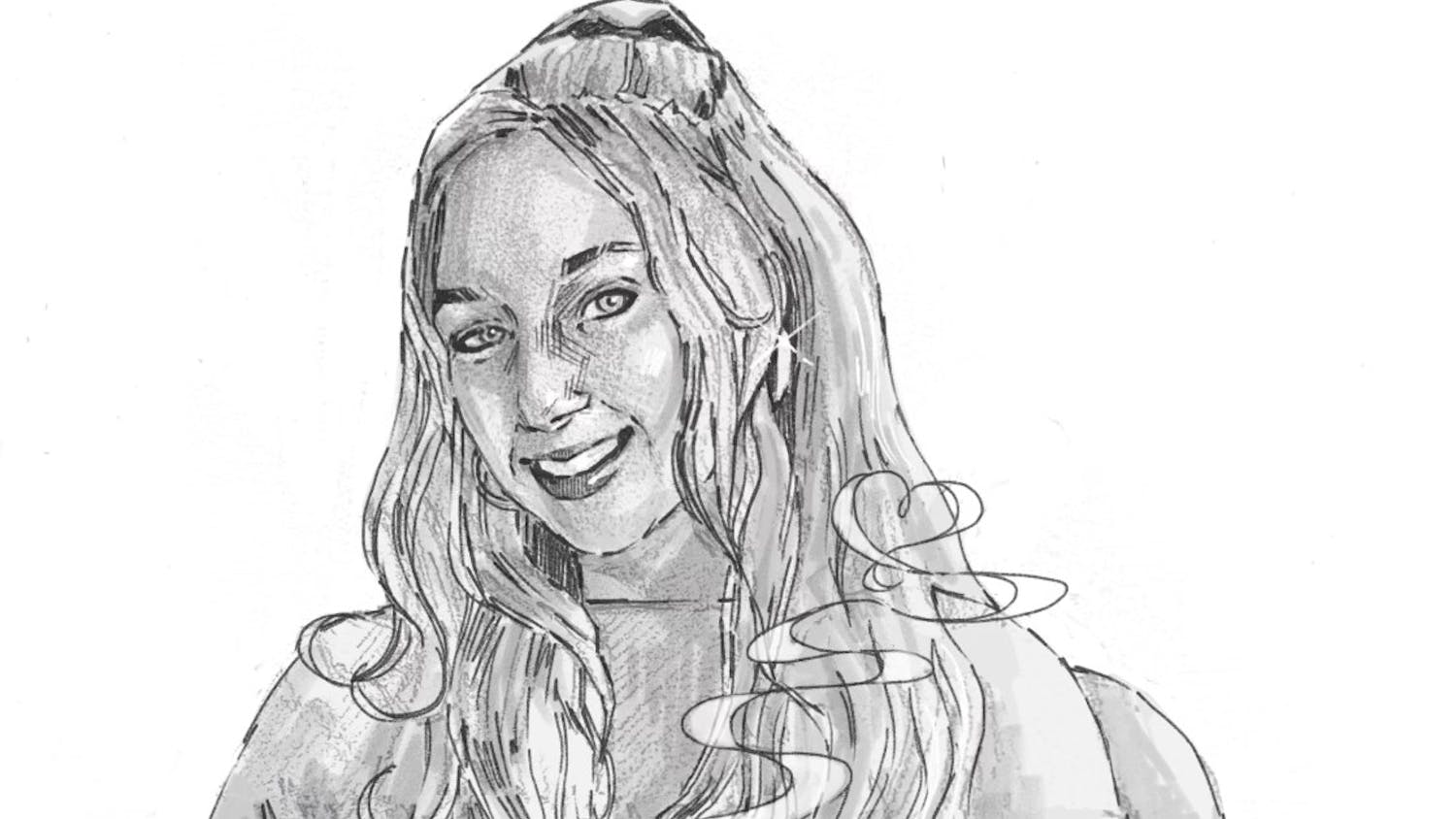The 7.0 earthquake in Haiti has been one of the worst natural disasters to occur in modern times. People from all walks of life have donated money, volunteered and collected food, clothing, medical supplies, etc. George Clooney’s “Hope for Haiti” telethon raised about one million dollars, and many celebrities participated in the event to help the ailing nation. There are countless ways to help. The United States, and the world, really came together to help the Haitians.
But the disaster has also caused other stirring in the U.S. — various news outlets’ journalistic senses began tingling and hundreds of reporters flocked to the island nation. At face value, this is great. It is our obligation as journalists to report fairly and objectively about world affairs. If we lose sight of our role as government watchdogs and informers of the people, the world will be the worst for it.
But there are potential downsides to journalism. While the First Amendment is every journalist’s pride and joy as it gives us freedom of the press, it also provides that journalism cannot be regulated. So where do we draw the line?
This issue is predominant in the current news coverage in Haiti. Is a journalist there strictly as a journalist or is he or she a human being first? Should they pull people out of wreckage like NBC’s Bill Neely did for the Haitian woman, Jeanette? While it’s wonderful that ABC’s Robin Roberts helped an orphan named Esther reconnect with her adoptive parents in Iowa after the catastrophe, the fact that he covered the story on ABC every step of the way is not.
While I can’t tell reporters to stop being human beings, I can say I don’t think it’s right to exploit people for viewers. Put the microphone down and help. Or do your job and report. But don’t do both.
A whole other issue is the medical correspondent who splits time between operating and reporting. For instance, CBS News medical correspondent Dr. Jennifer Ashton recently weighed in on the growing medical problems in Haiti, according to the LA Times.
Ashton said while performing surgery, “To say it’s primitive is an understatement. This is analogous to Civil War medicine.”
Yet the fact that Ashton said this while performing surgery while on air is the bigger issue. Should medical correspondents and journalists with medical degrees put aside their microphones and pens and help out with the relief effort? And if they do, should they report while doing so?
Many medical reporters in Haiti have chosen to do both. According to The Philadelphia Inquirer, CNN’s Sanjay Gupta performed emergency brain surgery on a 12-year-old Haitian girl, Ashton treated amputees and is helping to run a clinic and ABC’s Richard Besser helped deliver a baby.
Gupta is a neurosurgeon, Ashton is a certified medical doctor and Besser is a doctor and former director of the Centers for Disease Control and Prevention, so they clearly have the skill and background. But do they have the right?
It’s a battle of one natural inclination against another. The consensus of most of The Signal staff seems to be that medical correspondents need to pick one or the other — either be a doctor or be a journalist. Doing both at once cheapens the journalism because the patient and situation is exploited for show, yet it also takes away from the medical situation because how can a journalist reporting while doing open-heart surgery really be focused on his or her task?
So the verdict is in — either lose the microphone and pick up the scalpel (or aid people in trouble) or report on other people performing surgery (or helping people) and don’t take part.






